Predictive Storytelling: How TV Shows Forecast the Future
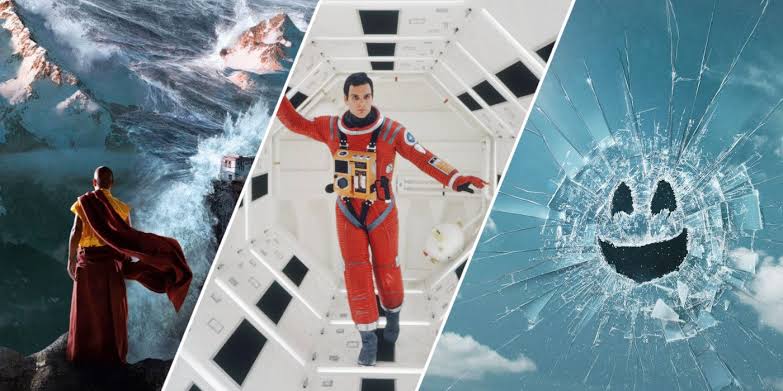
TV shows like Black Mirror, Years and Years, and 3 Body Problem aren't just entertainment—they are blueprints for what's next. This post explores how predictive storytelling in television helps us anticipate the trajectory of technology, society, and even human psychology.
Introduction: Fiction or Forecast?
Once dismissed as escapist fantasy, TV shows like Black Mirror, The Expanse, and Pantheon have taken on an unsettling relevance. They don’t just entertain—they warn, imagine, and often predict with uncanny precision. These aren't just scripts; they’re simulations.
Predictive storytelling is no longer just science fiction—it’s strategic foresight wrapped in narrative. In a media-saturated world, fiction is becoming a prophetic mirror. And if we pay close enough attention, it might be our best early warning system.
Black Mirror: Technology’s Unfolding Shadow
Charlie Brooker’s Black Mirror has become the benchmark of predictive storytelling. From AI lovers (Be Right Back) to social credit systems (Nosedive), the series functions as a digital Nostradamus. What’s uncanny is not just the accuracy, but the timeline. Many of the tech nightmares it imagined 5–10 years ago are already here or in prototype.
But Black Mirror isn’t just predicting devices—it’s forecasting emotional consequences. What happens to love when memory is cloud-stored? What happens to grief when AI lets us speak to the dead? These aren’t technological questions. They’re human ones.
Years and Years: Society on a Timer
Russell T. Davies’ Years and Years captures social collapse, political extremism, and tech-induced moral numbness with chilling speed. What’s shocking isn’t the show's futuristic tech—it’s how quickly people adapt to it. Facial implants, transhuman identities, and authoritarian surveillance blend seamlessly into daily life.
Its central thesis: the future isn’t coming—it’s accelerating. Incremental change is dead. We now live in the age of exponential disruption.
3 Body Problem and Quantum Chaos
Liu Cixin’s 3 Body Problem (and its Netflix adaptation) stretches predictive storytelling to intergalactic extremes. Yet it might be one of the most scientifically grounded narratives on this list. The chaotic gravitational dance of three bodies becomes a metaphor for Earth’s own instability—politically, technologically, emotionally.
Quantum computing, dimensional warfare, and delayed communications with alien civilizations are less science fiction and more future-aligned speculation. It challenges viewers to imagine futures where the observer effect isn’t just quantum—it’s cultural.
Pantheon and Digital Immortality
The animated series Pantheon is perhaps one of the most underrated pieces of near-future storytelling. By exploring the idea of uploaded consciousness, it uncovers a chilling reality: What if the soul is data?
The show’s depiction of digital afterlife, surveillance states, and neuro-manipulation is technically plausible—and emotionally devastating. It's not asking whether this tech is coming. It's asking whether we're emotionally ready for it.
Why Are These Predictions So Accurate?
Writers as Cultural Interpreters: Showrunners often collaborate with futurists, neuroscientists, and engineers. They’re not guessing—they’re extrapolating.
The Present is Already Sci-Fi: In many ways, shows only look “futuristic” because our reality has surpassed linear storytelling. Media is simply catching up.
Tech Outpaces Ethics: Fiction steps in where philosophy and legislation lag. Shows imagine outcomes without red tape.
So What Does This Mean for Us?
Every time you watch a series that feels “too real,” it’s an invitation to engage with the future—emotionally, intellectually, ethically. These shows are less about the gadgets and more about the human condition under pressure. Predictive storytelling is the emotional rehearsal room for tomorrow’s choices.
Rather than fearing the future, these narratives ask us to emotionally prototype it.
Conclusion: Fiction as Emotional Infrastructure
Predictive storytelling isn’t just about what could happen. It’s about how we might feel when it does.
TV shows have become philosophical laboratories—where ethics, psychology, and speculative technology collide. They don’t just prepare us for the next app or device. They prepare us for what it will mean to still be human in an increasingly post-human world.
In the end, the most powerful predictions aren’t the ones that come true—but the ones that help us evolve before they do.

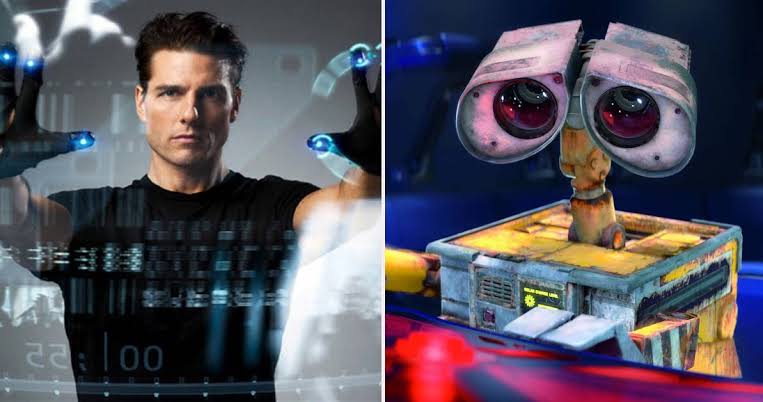


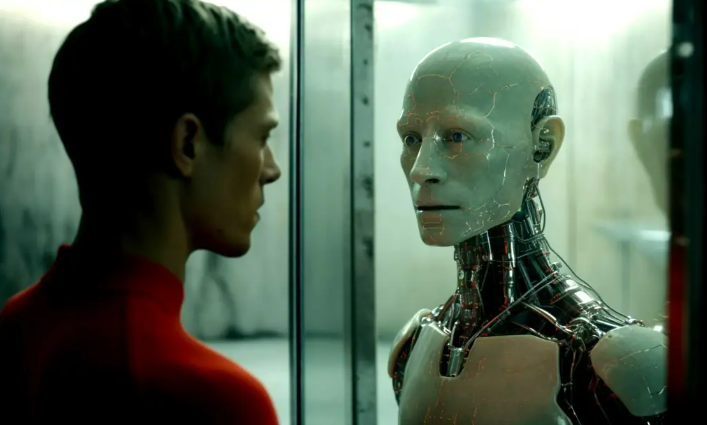
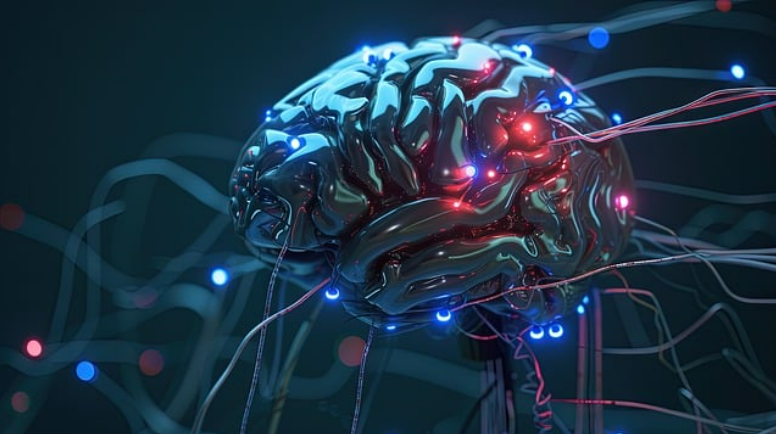
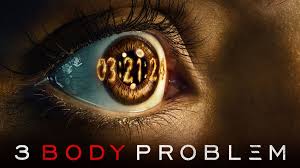
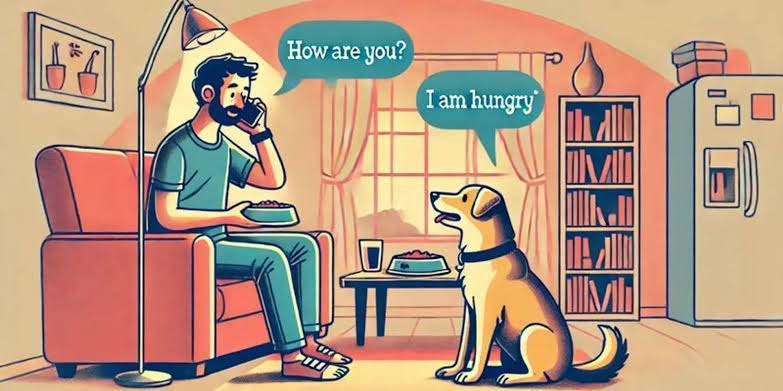
Comments (0)
Please login to leave a comment.